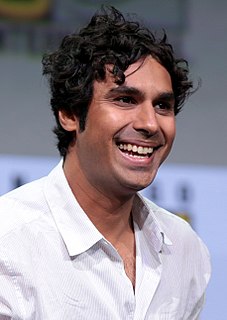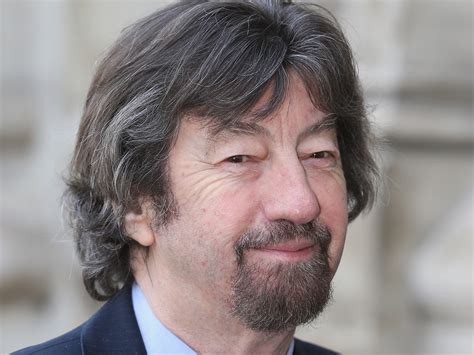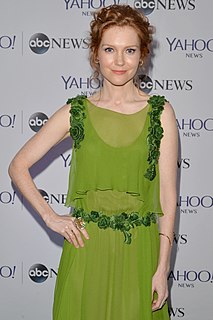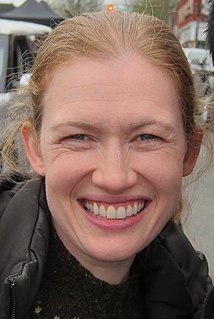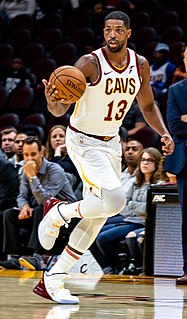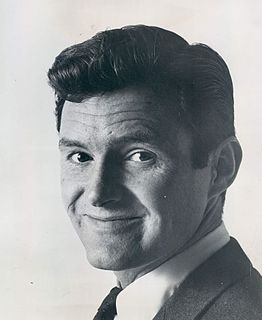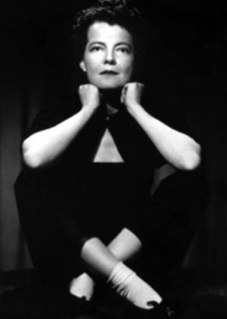A Quote by Kunal Nayyar
I went to the University/Resident Theatre Association auditions. Deans come and watch you in this theater. You have three minutes, and you have to do two contrasting monologues - at that time, this is 2003 - one classical and one contemporary.
Related Quotes
In a large university, there are as many deans and executive heads as there are schools and departments. Their relations to one another are intricate and periodic; in fact, "galaxy" is too loose a term: it is a planetarium of deans with the President of the University as a central sun. One can see eclipses, inner systems, and oppositions.
I went to college and did theatre. After that, I spent about three years in Seattle doing French theater and community theater and sorting it all out. Then I applied to graduate school and got accepted, so I started pursuing my master's in theatre at the American Conservatory Theatre in San Francisco.
Theatre is organic, film is not. Theatre you come every day and you work with a group of people and you're are all up for it and you all get to do the whole thing every night, be it two hours or three hours. In film you work in two or three minute bits and it's never in chronological order and then someone takes that away and makes it look like it all happened, or that you gave that performance.
So many people report to be contemporary dancers, and they're not. They are sort of jazz dancers that feel like they're throwing a bit of classical in there. I mean, a true contemporary dancer has got ballet as their base and classical ballet, and that is their base. And then they choose to extemporize on that and go into a contemporary world.
Acting is a bit like being an athlete. You spend all your time getting ready to do something for two minutes. All the things that made my career in the movies happen took two or three minutes, which is the time that it takes for a 'take'. In that time, something happens. That's what people know you for, just like someone running the hundred metres.
I think any filmmaker will tell you when they wandered from theater to theater to watch their prints, it was disheartening to see the poor levels of light and the disrespect for films that existed in certain theater chains. It was always inconsistent. And in the lab, too, the photochemical process was very difficult to watch, because sometimes they were shipping prints that you didn't even know were two points off or three points off. We suffered greatly to make these films, and they'd be out-of-focus, with the sound too low.
